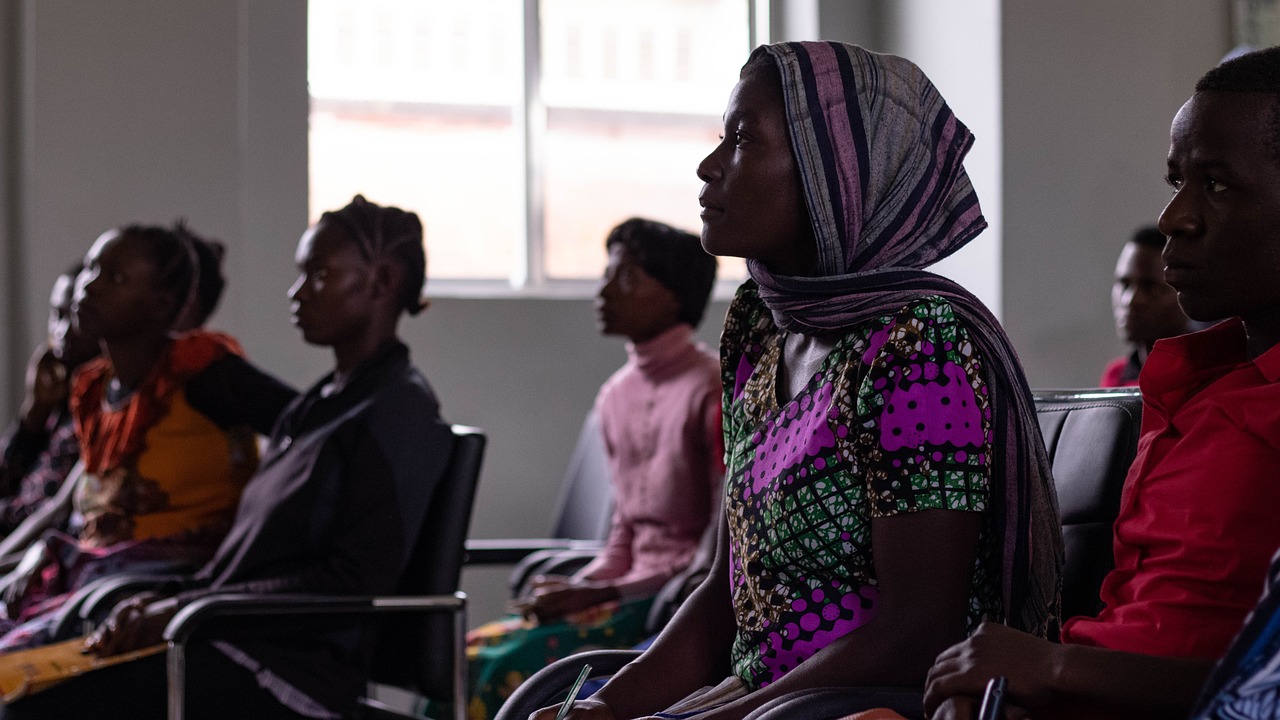
Community Engagement Vital to Malaria Elimination Efforts
February 22, 2023| |
Target Malaria, a not-for-profit research consortium, aims to develop and share cost-effective and sustainable genetic technologies to modify mosquitoes and reduce malaria transmission. In a recent video, the organization highlights the vital role of stakeholder engagement in its activities, explaining how the communities they work with participate in the decision-making process.
The first step to involving the local communities is sharing information about the planned activity with them, taking into account their questions and concerns. Once they understand the plans, consent is requested to proceed. Individual consent is requested for activities that will involve an individual or household, such as indoor mosquito collections, while activities that are carried out in public areas in the community and for which individuals cannot decide to opt-out need a community agreement.
Community agreement models are co-developed with the community itself. The specific context, culture, and preferences are considered thoroughly before reaching a decision. This means that each agreement is unique to a community, area, or country. These agreements also serve as a monitoring mechanism when a project is carried out. It guides the project's key players on how to resolve complaints, questions, or requests for clarifications raised by the community or any of its members about the activities.
Target Malaria's agreement models are continuously improving as their research enters different phases and more lessons with communities are documented. They believe that interaction with communities goes beyond the moral and ethical imperative for engagement. Communities play an important role in co-developing knowledge and making informed decisions about Target Malaria's work aimed at improving their research while it meets the needs of those most affected by malaria.
Watch the video presented by Target Malaria in English or French to learn more.
| |
You might also like:
- Lessons Learned from Target Malaria to Help Guide Future Gene Drive Strategies
- Regulatory and governance considerations for gene drive research
- Integrating Social, Economic and Health Aspects Into Decision-making Process
Biotech Updates is a weekly newsletter of ISAAA, a not-for-profit organization. It is distributed for free to over 22,000 subscribers worldwide to inform them about the key developments in biosciences, especially in biotechnology. Your support will help us in our mission to feed the world with knowledge. You can help by donating as little as $10.
-
See more articles:
-
Gene Drive Supplement (February 22, 2023)
- TED-Ed Video Tackles Ethical Dilemmas of Eradicating Mosquitoes
- Study: No One-size-Fits-All Representation of Trust in Science and Scientists
- Can Gene Drive Help Control Invasive Species Like Rats?
- Gene Drive Technology May Have Potential Applications in Agriculture
- Community Engagement Vital to Malaria Elimination Efforts
-
Read the latest: - Biotech Updates (February 18, 2026)
- Gene Editing Supplement (January 28, 2026)
- Gene Drive Supplement (February 22, 2023)
-
Subscribe to BU: - Share
- Tweet

